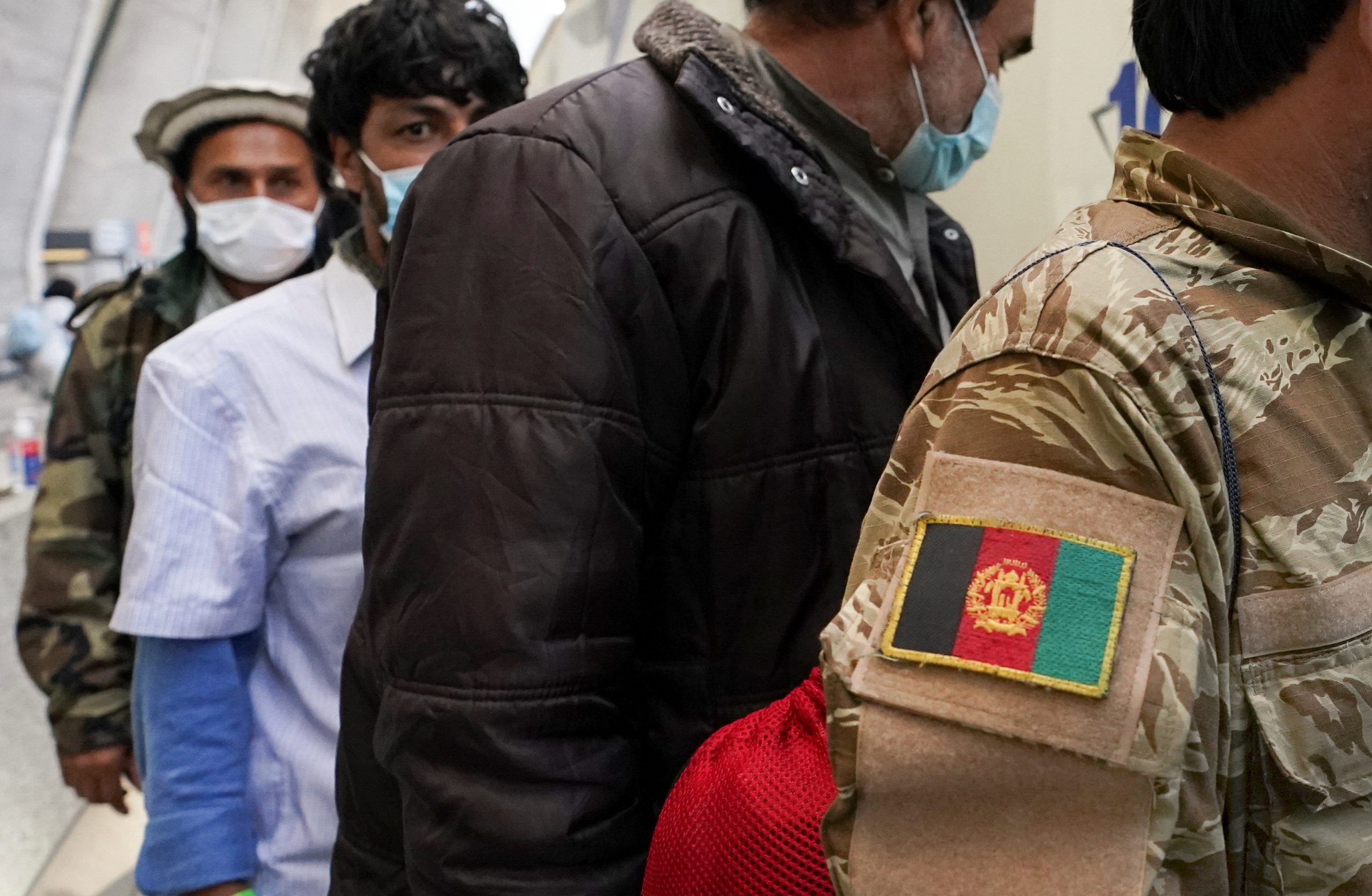
Chris Lieberman, FISM News
[elfsight_social_share_buttons id=”1″]
Senate Republicans are demanding answers after the Biden administration made changes to U.S. immigration policy that would allow benefits for migrants who would otherwise be barred for their connection to terrorist organizations such as the Taliban.
According to a report from the Department of Defense Inspector General, the new policy would allow exceptions “on a case-by-case basis to fully vetted applicants who otherwise would be barred from the United States due to ‘broad’ terrorism-related inadmissibility grounds.”
The report goes on to specify that the change applies to “individuals who worked as civil servants under the Taliban; individuals who supported U.S. military interests, including participation in resistance movements against the Taliban or the Soviet Army during specified periods; and individuals who provided only certain limited material support to the Taliban or other designated terrorist organizations.”
In a press release, the Department of Homeland security said,
These actions will also ensure that individuals who have lived under Taliban rule, such as former civil servants, those required to pay service fees to the Taliban to do things like pass through a checkpoint or obtain a passport, and those who fought against the Taliban are not mistakenly barred because of overly broad applications of terrorism-related inadmissibility grounds (TRIG) in our immigration law.
But Senate Republicans have concerns about the new policy. Bill Hagerty (R-Tenn.) led nine of his colleagues in writing a letter to Secretary of Homeland Security Alejandro Mayorkas and Secretary of State Antony Blinken questioning the change. The letter reads, in part:
On June 8, 2022, the Department of Homeland Security (DHS) and Department of State determined that they will no longer bar individuals who provide ‘insignificant material support’ or ‘limited material support’ to terrorist organizations from admission into the United States (‘June 8 Determination’). We write because the American people deserve an explanation regarding the broad, open-ended nature of this authority for exempting individuals who would otherwise be barred from immigration to the United States for supporting a terrorist organization.
Hagerty points out that previous exemptions to U.S. anti-terrorism policy were limited to specific conflicts, regions, and periods of time, such as the Lebanese Civil War or the revolution against Saddam Hussein.
In contrast, Hagerty claims that this new change, which never mentions Afghanistan or Afghans, is overly broad and could apply to, for example, “current or former members of Iran’s Islamic Revolutionary Guard Corps (IRGC) and IRGC-linked entities, which are responsible for the deaths of hundreds of U.S. service members in Iraq and Afghanistan,” or to asylum-seekers at the southern border.
The Biden Administration claims to care about our national security, yet neglects to protect and enforce our southern border. Border security IS national security. #FinishTheWall
— Bill Hagerty (@BillHagertyTN) August 25, 2022
The letter concludes with a list of questions for Mayorkas and Blinken, including inquiries questioning to whom these exceptions have been applied and whether they have been used on migrants with ties to the IRGC, or at the southern border. They requested that the questions be answered by Sept. 12.
Republican Sens. Rick Scott (Fla.), Kevin Cramer (N.D.), Ted Cruz (Texas), Marco Rubio (Fla.), Joni Ernst (Iowa), Roger Marshall (Kan.), Tommy Tuberville (Ala.), John Hoeven (N.D.), and Steve Daines (Mont.) joined Hagerty in signing the letter.
